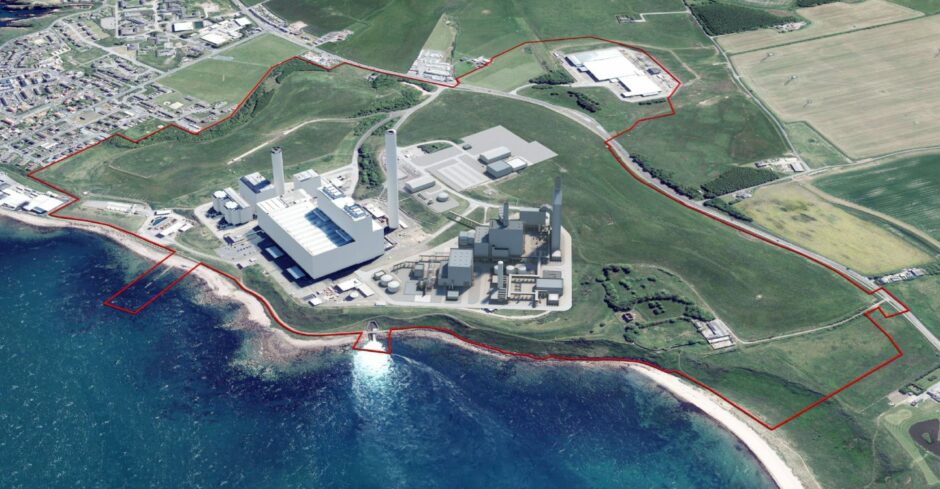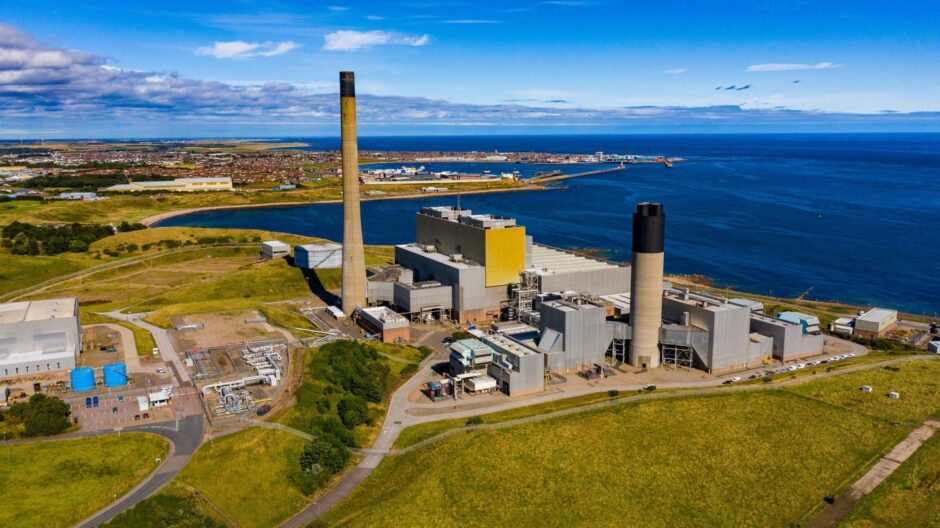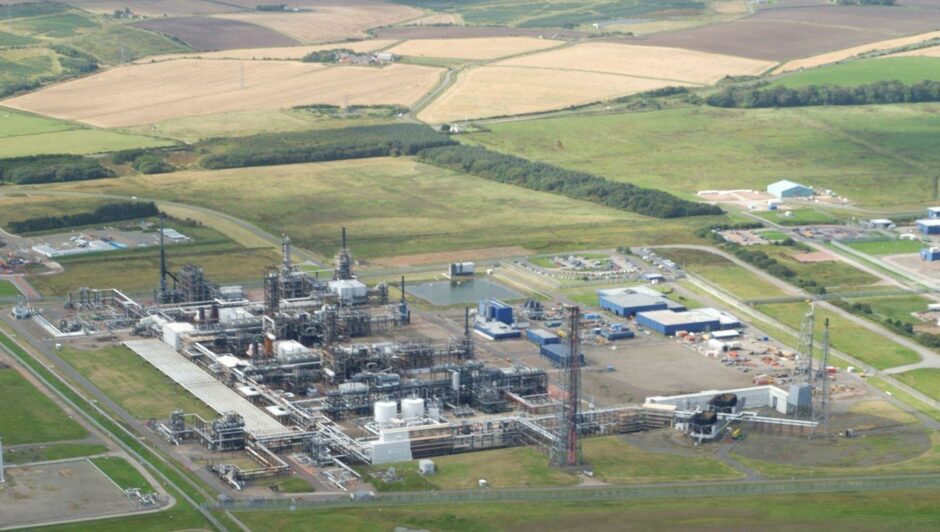
Environmentalists have reignited calls for a job-creating north-east low carbon project to be axed after the release of a “damning” new report.
Friends of the Earth Scotland (FOES) the ‘Carbon Capture Crux: Lessons Learned’ study should spell the end for SSE Renewables’ planned Peterhead Carbon Capture Power Station.
And the group has called on the Scottish Government to block the development of the facility, which would support as many as 1,000 jobs during the construction phase and add billions to the UK economy.
Published by the Institute for Energy Economics and Financial Analysis (IEEFA), the report examined 13 carbon capture and storage (CCS) projects across the globe.
It claimed many had failed or underperformed, while the majority had been used to enhance oil and gas recovery from fields.
But professor Stuart Haszeldine, director of Scottish Carbon Capture & Storage (SCCS), says the study is too black and white.
He said: “This CCS report has compiled a lot of numerical information, but the interpretations made are too simplistic, focusing on under performance and not adequately analysing why the successful projects perform well, and why under performing sites are less effective
“The track record from many tens of commercial projects, shows that CO2 separation works very well on pure gas streams from industrial sites such as refineries or methane burning. However CO2 separation has worked with only partial effectiveness on combustion producing dirty flue gases at coal power plants or bio-energy plants.”
FOES claims the IEEFA study exposes CCS as “little more than greenwash” and “casts doubt” on the merits on SSE Thermal’s Peterhead CCS facility.
Report author Bruce Robertson said: “CCS technology has been going for 50 years and many projects have failed and continued to fail, with only a handful working.
“Many international bodies and national governments are relying on carbon capture in the fossil fuel sector to get to Net Zero, and it simply won’t work.”
A planning application for the Peterhead facility was submitted by SSE Thermal, alongside project partner Equinor, earlier this year.
If approved by the local authority, the 910 megawatt (MW) power plant would become the first in Scotland capable of abating its own emissions.
Carbon would be captured and locked away in rock formations under the North Sea, using technology provided by the nearby Acorn CCS project.
Environmental groups have a long standing opposition to CCS due to its historic ties to oil and gas and because it would allow for the continue burning of fossil fuels, even once the UK hits net zero.
FOES’ Climate Campaigner Alex Lee said: “This report is yet another exposure of carbon capture technology as nothing more than greenwash for the oil and gas industry’s business as usual. This research paints a grim picture of failure, underperformance and climate pollution right across the world.
“The evidence is clear that carbon capture cannot be relied upon and is being used by fossil fuel companies to extend the lifetime of oil and gas. Even the Scottish Government has backtracked on its own predictions about CCS in its climate change plans.”
“With full power to determine whether the new Peterhead gas plant should go ahead or not, the Scottish Government should show real climate leadership by rejecting it when the time comes, and committing instead to the decisions that need to be made for a just and rapid transition away from fossil fuels.“
A big selling point for the Peterhead facility is that it would allow green technology, like offshore wind and solar, to be incorporated seamlessly into the energy mix.
Once operational, it would supply a base load of power to the grid, smoothing out natural intermittencies in renewable energy.
Scores of skilled workers would also be needed to operate the plant across its lifespan, providing employment opportunities as activity in the North Sea decreases.
A spokesman for SSE Thermal said: “The time is right for carbon capture technology, with the Climate Change Committee clearly stating that is a necessity if we’re to reach net zero. Our plans for Peterhead Carbon Capture Power Station will deliver huge emissions reductions and create vital jobs in the region. The reality is that flexible generation is essential in backing up renewables but it must be decarbonised and our plans will achieve exactly that.”

 © Supplied by SSE Thermal
© Supplied by SSE Thermal © Supplied by Shell
© Supplied by Shell